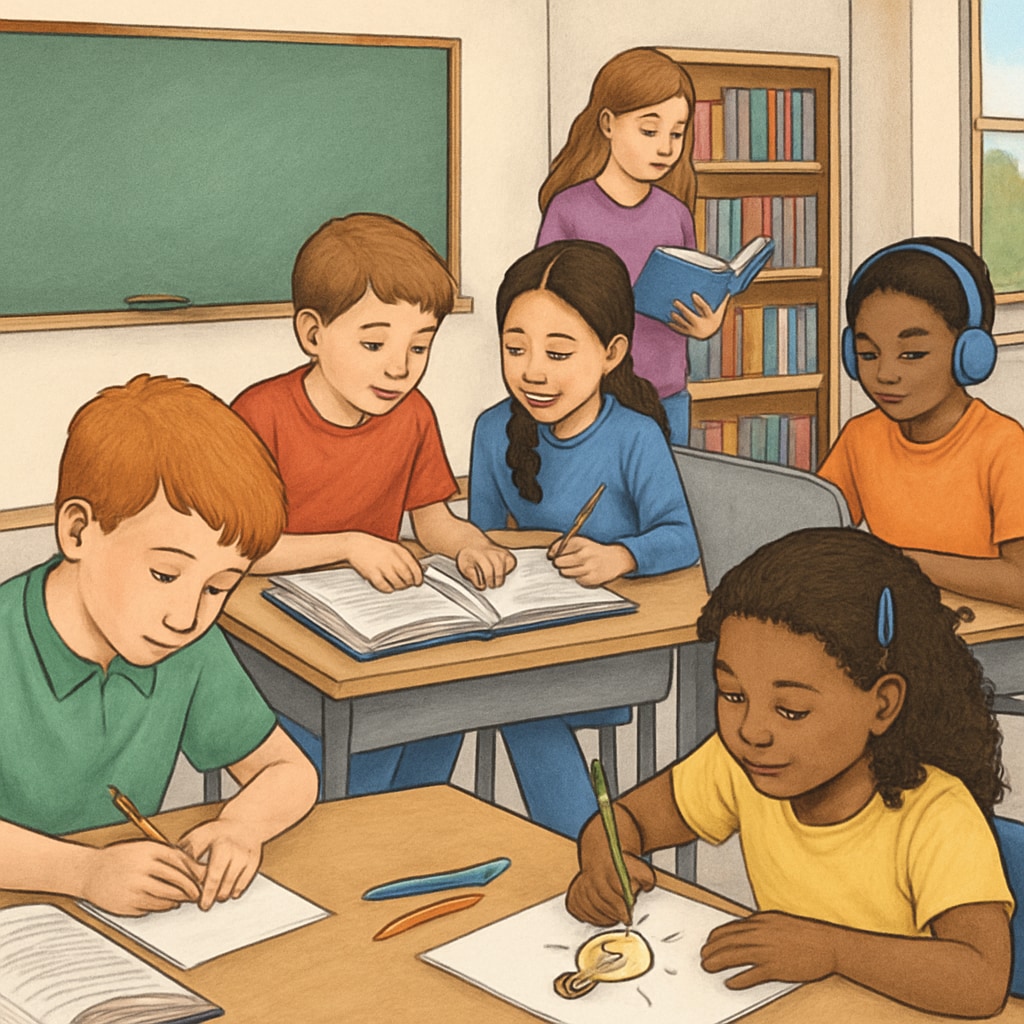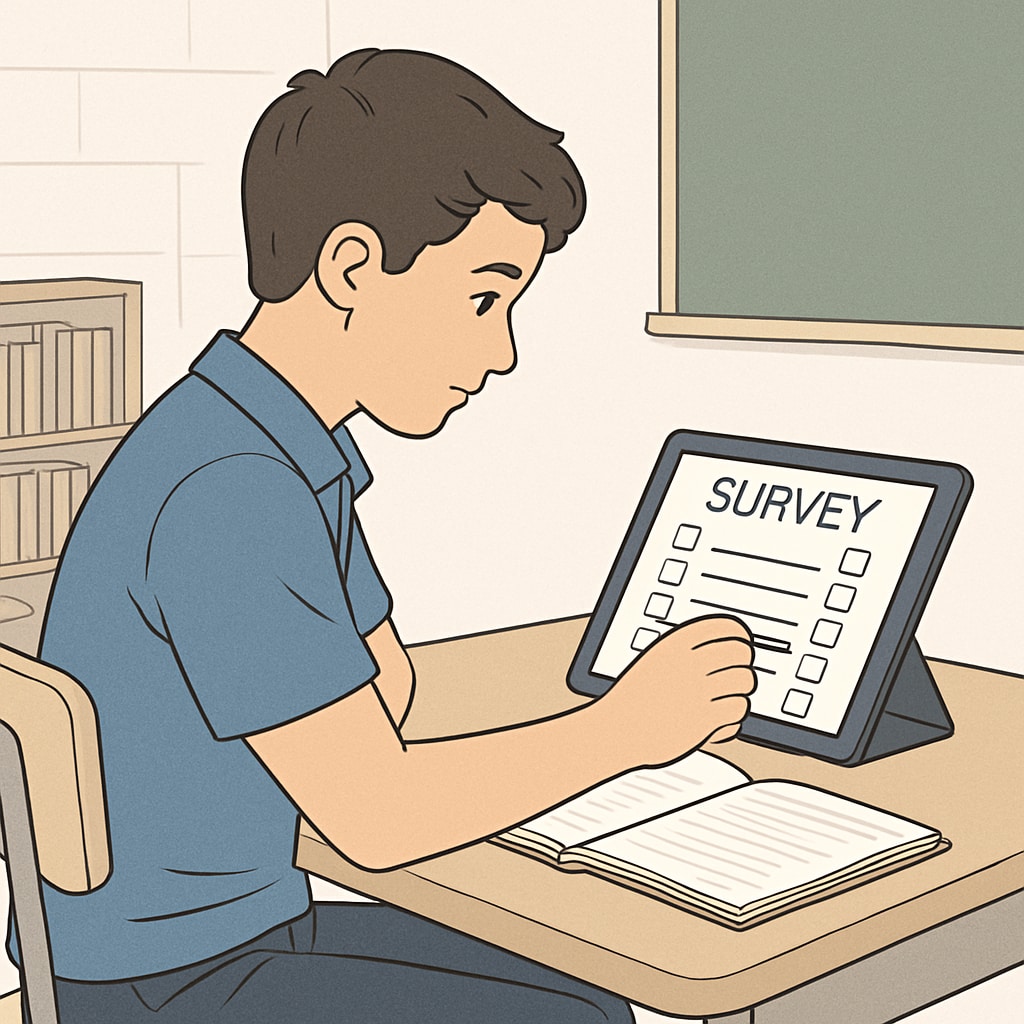How can we enhance the learning experience for K12 students? This question lies at the heart of a groundbreaking research project aimed at uncovering the most effective study methods for young learners. By distributing a detailed survey form to students, parents, and educators, this initiative strives to bridge the gap between traditional education approaches and innovative strategies that cater to modern learning needs. This article delves into the importance of the project, the challenges students face with current methods, and the potential breakthroughs it promises.
Why Effective Study Methods Matter
The significance of effective study methods cannot be overstated. Education is the cornerstone of personal and societal growth, yet many students today struggle with outdated or one-size-fits-all learning techniques. Research indicates that the lack of personalized study strategies contributes to declining academic performance and increased stress levels among students (Learning on Britannica). Therefore, identifying and implementing better learning tools is critical to nurturing well-rounded and successful students.
In addition, effective study methods empower students to retain knowledge more efficiently, develop critical thinking skills, and build confidence in their academic abilities. This research project is designed to identify methods that work across diverse student demographics, ensuring inclusivity and accessibility in modern education.

Challenges in Current Learning Approaches
Despite significant advancements in education, many K12 students still encounter challenges with traditional learning methods. Among the most common issues are:
- Over-reliance on rote memorization, which limits deeper understanding
- Inadequate focus on individual learning styles
- Limited integration of technology, which could otherwise enhance engagement
For example, visual learners may struggle with lecture-heavy classes, while kinesthetic learners may find it difficult to thrive in environments that lack hands-on activities. Moreover, the rapid development of digital tools has created a gap between tech-savvy students and traditional curricula (Educational Technology on Wikipedia).
This project aims to uncover these pain points and propose actionable solutions tailored to diverse learning preferences. By involving various stakeholders, including educators, parents, and students, the survey aims to deliver a more nuanced understanding of effective study practices.

How You Can Get Involved
One of the key aspects of this research project is community involvement. By participating in the survey, you can contribute valuable insights that shape the future of education. Whether you are a student sharing your personal learning experiences, a parent reflecting on your child’s challenges, or an educator offering your professional perspective, your input is essential.
To join the project, simply fill out the survey form provided by the research team. The form is designed to be user-friendly and takes no more than 10 minutes to complete. Your responses will remain confidential and will be used solely for academic purposes. Together, we can pave the way for a more effective and adaptable education system.
In conclusion, this research initiative is a vital step toward revolutionizing how we approach education. By identifying effective study methods and addressing the shortcomings of traditional systems, we can ensure that K12 students are better equipped for future challenges. Join us in this transformative journey—your voice matters!


